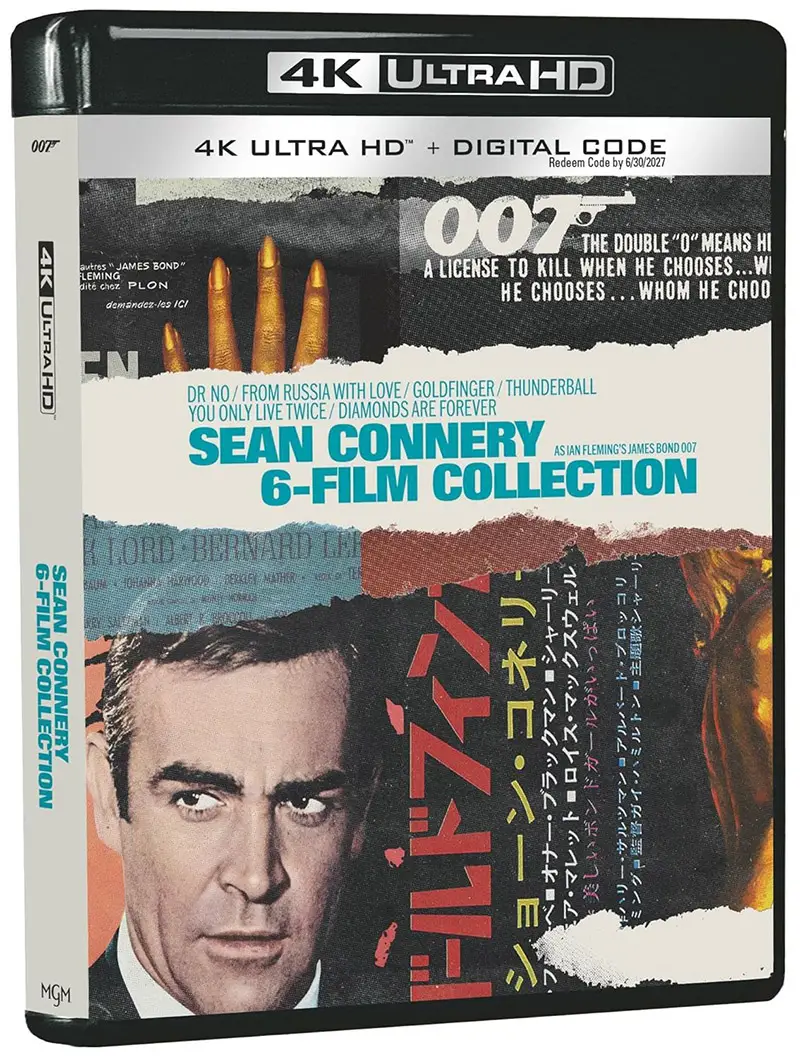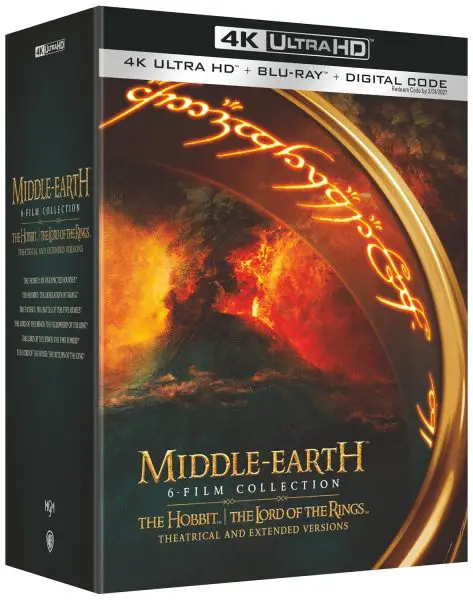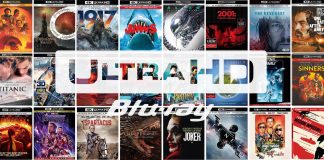 This week, on July 19, there is a possibility of CBS stations getting blacked out on AT&T’s U-verse TV, DirecTV, and the streaming service DirecTV Now.
This week, on July 19, there is a possibility of CBS stations getting blacked out on AT&T’s U-verse TV, DirecTV, and the streaming service DirecTV Now.
The threat comes as CBS and AT&T have failed to come to a new agreement over distribution fees. CBS-owned stations facing the threat of blackout are located in the cities of Atlanta, Baltimore, Chicago, Dallas, Boston, Denver, Detroit, Los Angeles, New York, Philadelphia, San Francisco, Seattle, Tampa, Minneapolis, Miami, Pittsburgh, and Sacramento.
CBS claims AT&T is asking for unfair terms with regards to programming, while AT&T points the finger at CBS’s apparent doubling of fees over the last five years.
“CBS has reached timely, fair agreements with hundreds of other cable, satellite, telco and internet providers to carry our industry-leading, fan-favorite programming,” CBS said Tuesday. “AT&T, however, continues to propose unfair terms well below those agreed to by its competitors and may drop CBS unless we agree to those terms.”
On the other side of the debate AT&T says, “Broadcast stations are the incumbents to our industry, and many feel they deserve certain entitlements. They continue to give their signals away for free but also demand unsustainably growing fees for allowing customers the convenience of receiving their channels in a usual program guide or without switching an input.”
It’s interesting that AT&T mentions the idea of a TV “input” playing a role in this dispute. Local broadcast stations are, of course, available over-the-air (and in HD) with an antenna, but the predominant way to access local stations still seems to be through a service provider’s TV guide or through a streaming device like Amazon Fire TV or Sling TV in combination with an antenna.
What’s also notable is AT&T points customers to CBS All Access in their press release regarding the dispute.












